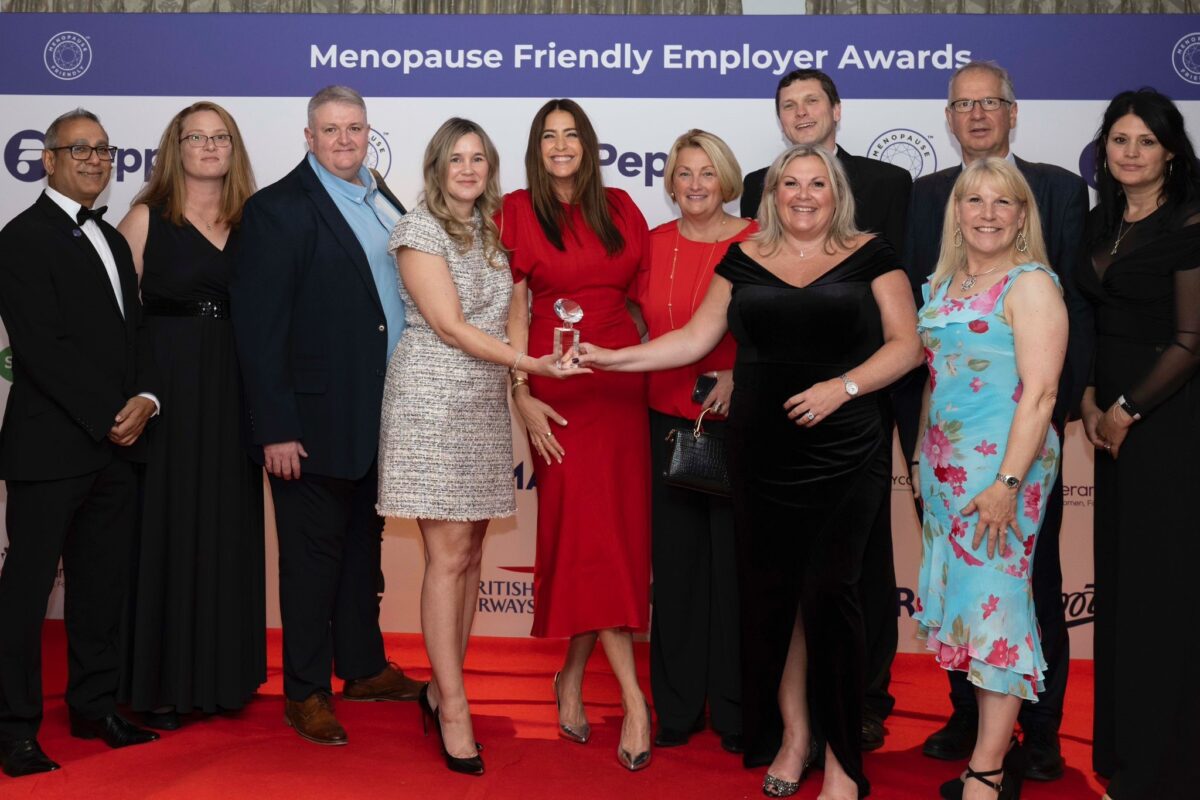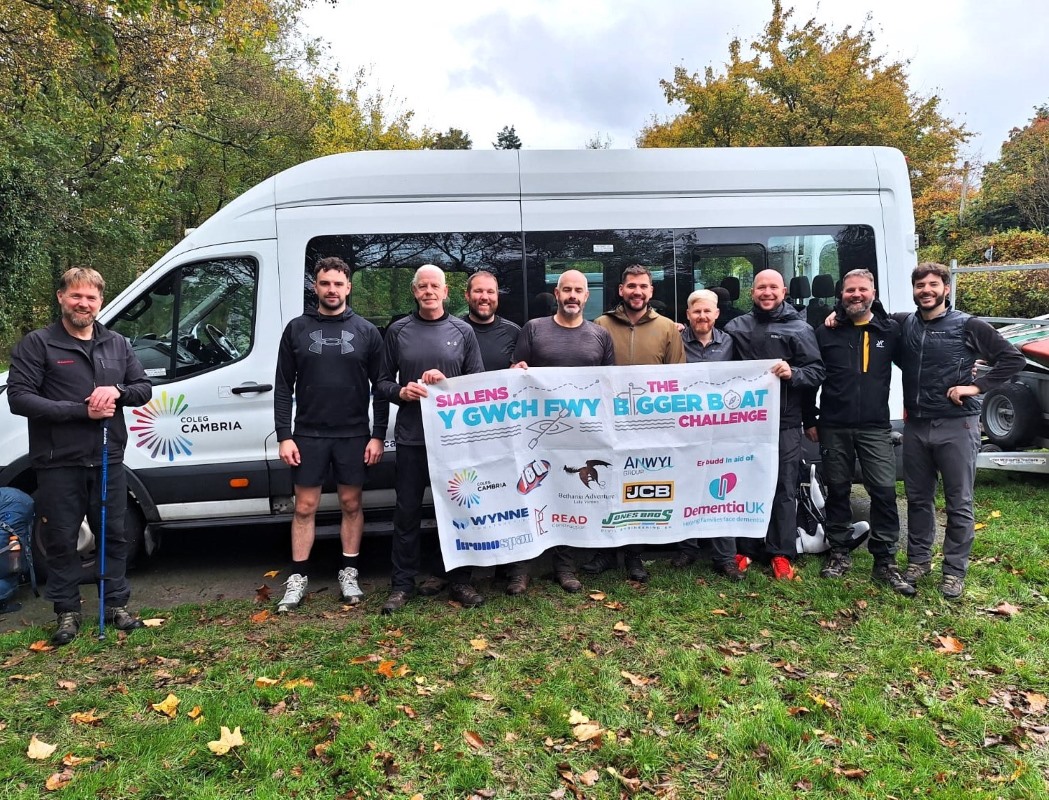A Workforce For Longer: How Apprenticeships Have Transformed Our Approach to People

Jenny McKnight is the Director of Learning and Circle Academy at the UK’s largest private hospital operator. Responsible for curating, implementing and supporting over 8,000 members of staff with practice-based and further educational opportunities, she outlines below how apprenticeships can be a powerful tool in the arsenal for organisations looking to attract, retain and futureproof their workforce.
Introduction: Human-Centric Healthcare
Healthcare is a jargon-filled industry, which is ironic given it’s the most people-focused, human sector of any field of work. But as the UK’s largest hospital operator, our guiding principle is to put people – whether that’s patients or staff – and being human at the heart of everything we do. Would this type of care be good enough for my mum? Is this the type of workplace I’d wish for my partner or friend? Was the outcome of the procedure what I’d hoped for if it was my child?
The Key to Our Success
The key to our success as the UK’s biggest hospital group – and top-rated against nearly every metric that matters to patients – is passionate, patient-centred people at every level. We have sites across every corner of the United Kingdom, so our workforce hails from all walks of life, regions and backgrounds. Fundamentally, we don’t care where you’ve come from; we care that you care, and can offer our patients the human, personal approach that can make such a dramatic difference to their hospital stay or serious operation.
Embedding Apprenticeships Across The Organisation
This is where apprenticeships come in. Talent and interpersonal skills are everything in our industry, so we need as wide a pool as possible to pick from. With a global shortage of healthcare workers, growing, nurturing and training our workforce has never been more critical. That’s why we’ve embraced the apprenticeships agenda so wholeheartedly, transforming our workforce at every level, in every hospital, and every department of our organisation. The key to making them work in a fast-paced and unpredictable setting like a hospital is innovation and flexibility that still results in accredited, transferable and recognised national qualifications.
At their heart, embedding apprenticeships across the organisation systematically creates a learning culture, which sounds boring but is the single, biggest driver of good outcomes and standards in high-risk industries such as aviation, nuclear and healthcare. Renowned author Matthew Syed in his best-selling book ‘Black-Box Thinking’ sets out how prizing learning from mistakes is critically important in any walk of life, but particularly so in healthcare. Apprenticeships place and prioritise learning at the heart of our organisation, bringing together people and ideas to develop staff at all levels – including our leaders and professionals who create value across the business.
Grow Our Own
Run out of a physical, state-of-the-art academy – strategically located in the middle of the country in Birmingham – Circle’s small yet agile Learning and Development team has rolled out the apprenticeship strategy with bespoke, live courses. In the context of global clinical workforce shortages, Circle has committed to a ‘Grow Our Own’ philosophy. To date, over 500 people have benefitted from our apprenticeship training across 30 programmes. Few things in life beat the sense of achievement of someone who has progressed from a healthcare assistant to a registered nurse through the apprenticeship route; for my team, it is simply magical and humbling to play a part in their journey.
Nevertheless, it’s all too easy to underestimate the blood, sweat and tears that go into making a success of this scheme. It is an investment in time and money and takes passion to help people transform their careers, with full teams of support from mentors, assessors, educators, lecturers, finance and admin both locally and centrally across the country to keep the programmes online and continuously improving. A high level of commitment is required to get the right people on the right course with the right support, and there is a great deal of effort involved in managing partners to ensure that what is being delivered is the level, pace, qualification and workforce transformation you are aiming for. This is not a task for the faint-hearted!
How Apprenticeships Have Transformed Circle Health Group
There are also many misconceptions about these types of programmes that must be tackled and debunked head-on: it is commonly assumed that the apprentice is a junior person, or that they are not contributing to the workforce. In fact, without fail apprentices are working incredibly hard as part of the workforce and often bring a different perspective and fresh ideas, helping and inspiring more established people to revisit their practice. There is significant evidence to show that educational benefits are two-way; these benefits are hard to measure, but we have seen time and again that they drive the whole organisation to achieve greater success.
These types of symbiotic benefits have been an inspiration across the organisation, and the results speak for themselves. Circle’s staff satisfaction metrics continue to be best in class in the sector. Ranked one of the top 5 Best Big Employers in the country in 2023, staff satisfaction increased by 21 index points in the latest national survey (versus a national average reduction of 5 points). Almost uniquely in the competitive UK healthcare market, Circle Health Group is now a net employer of staff and voluntary leavers have decreased by 5% in the last 12 months. This is highly unusual in the current, dynamic employment market in the UK healthcare sector.
Success Metrics: Staff Satisfaction and Future Investment
Put simply, apprenticeships have been a game-changer for our hospital group; we feel strongly that they are absolutely critical to our future success, and we plan to invest increasingly in the programme and our apprenticeship offer in the years ahead.
By Jenny McKnight, Director of Learning and Circle Academy at Circle Health Group











Responses